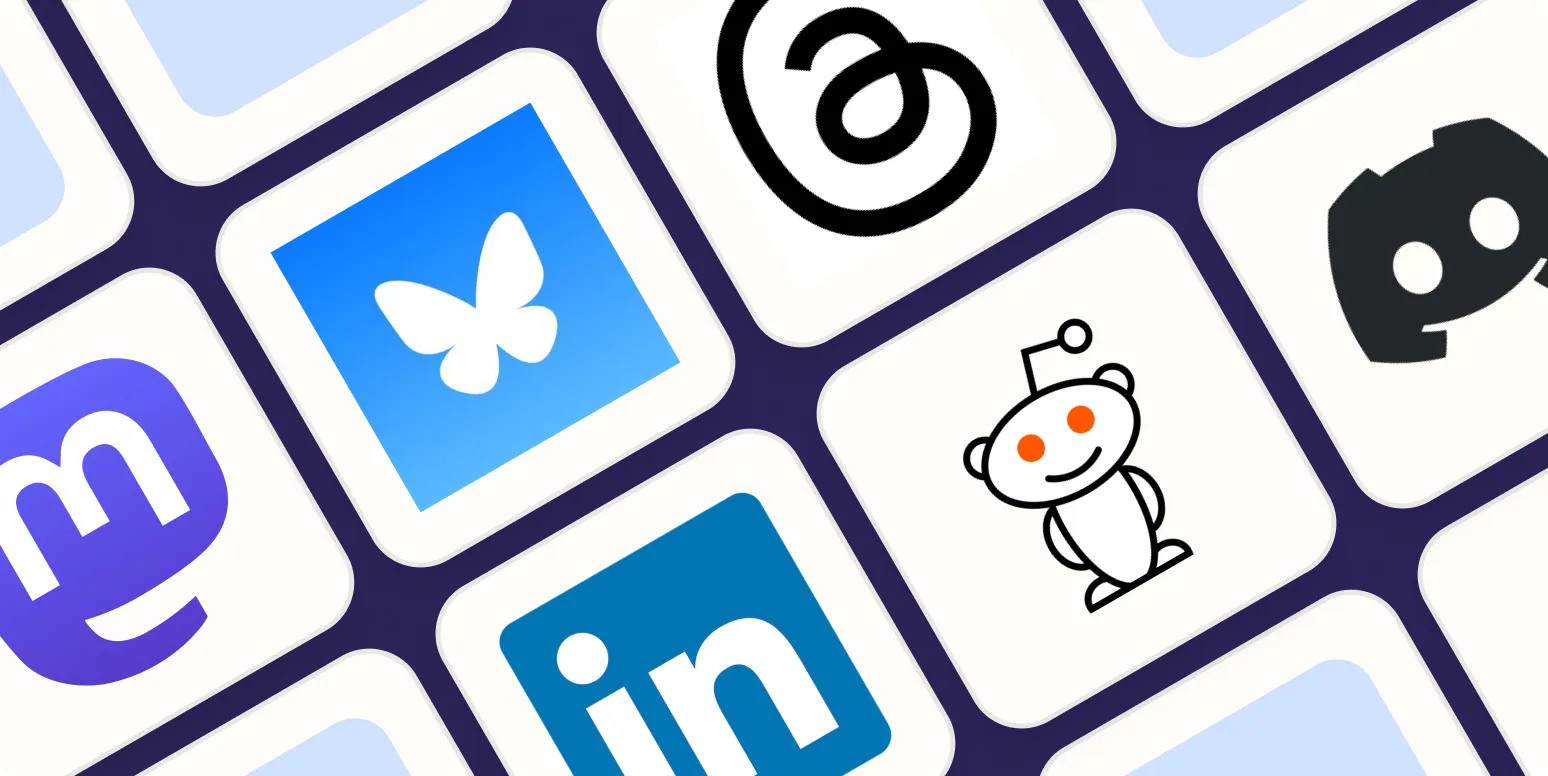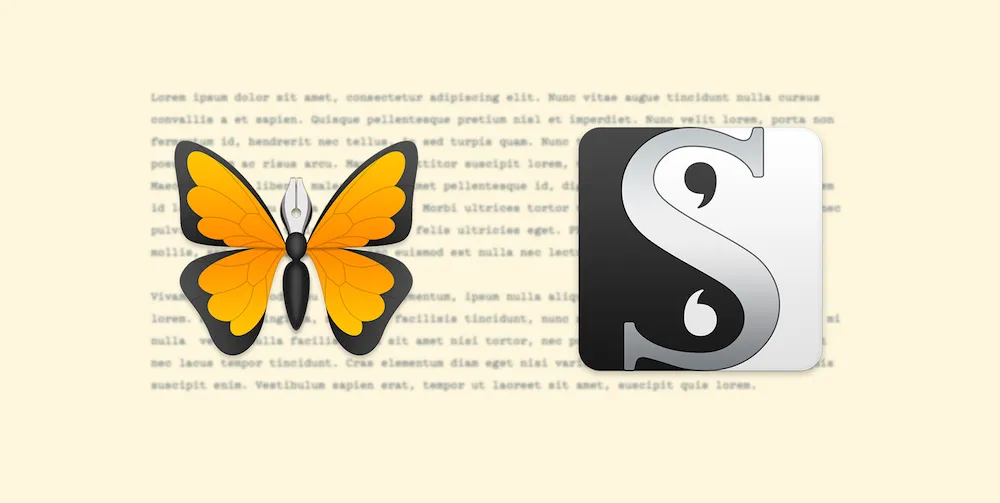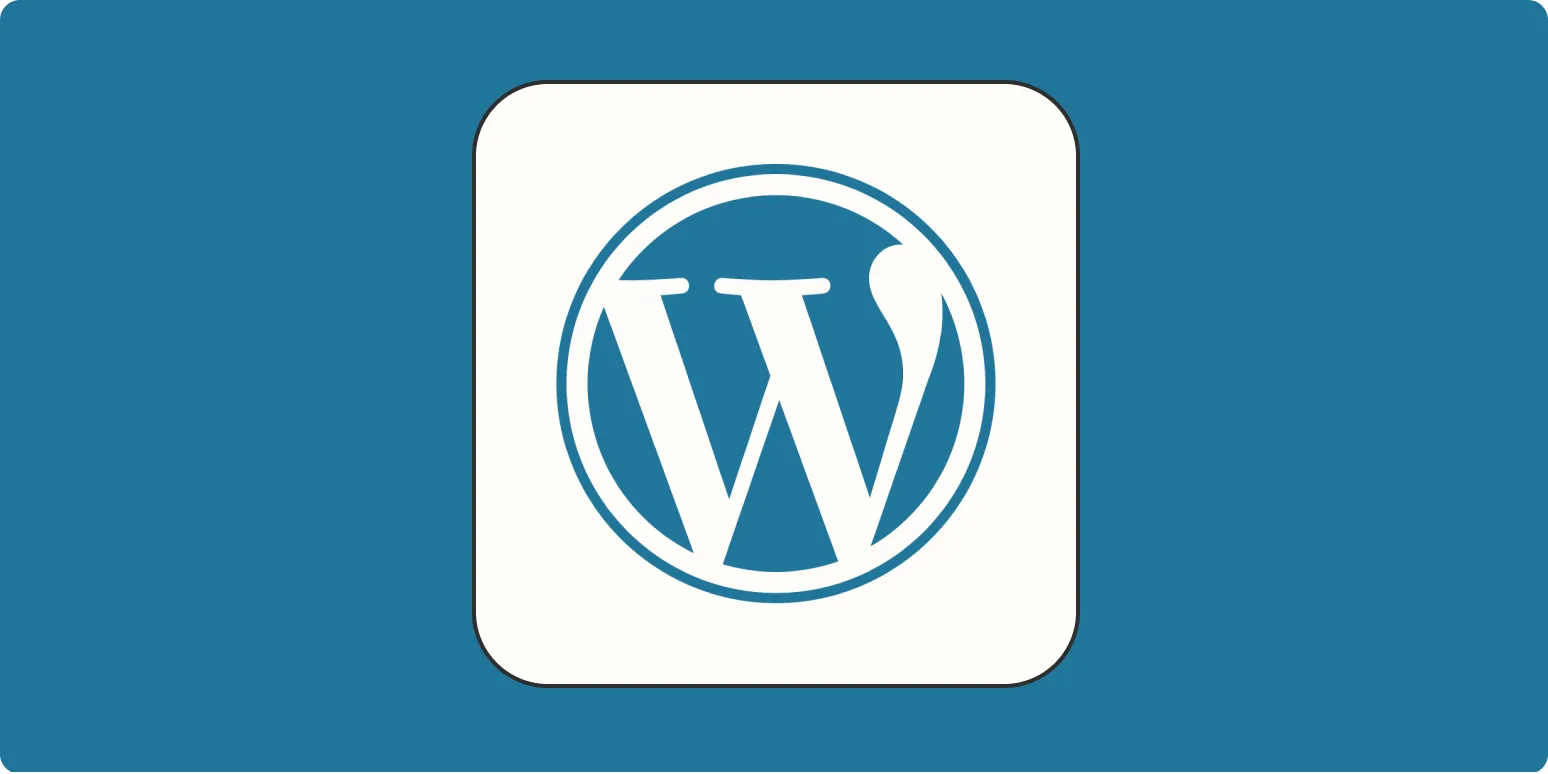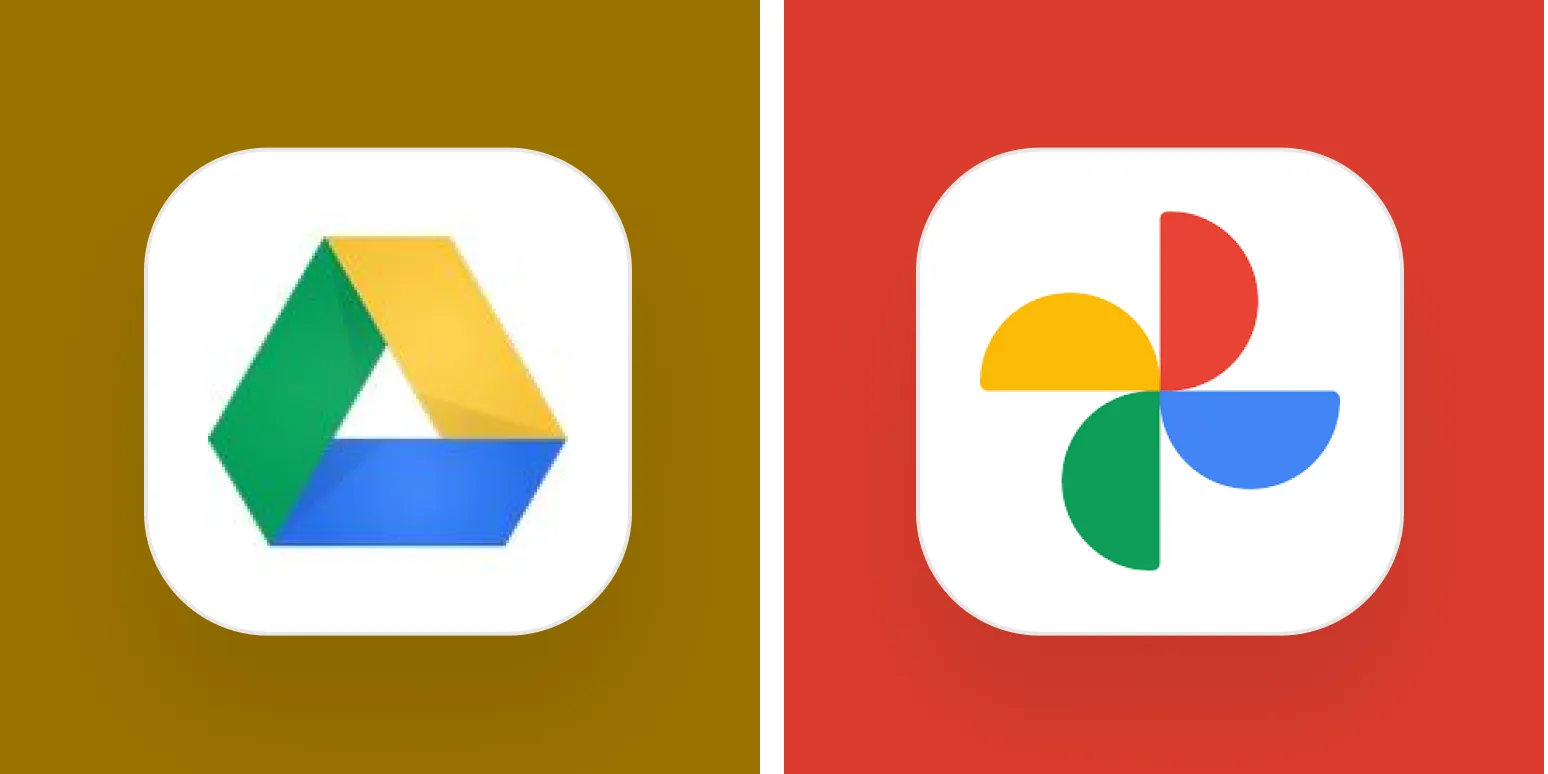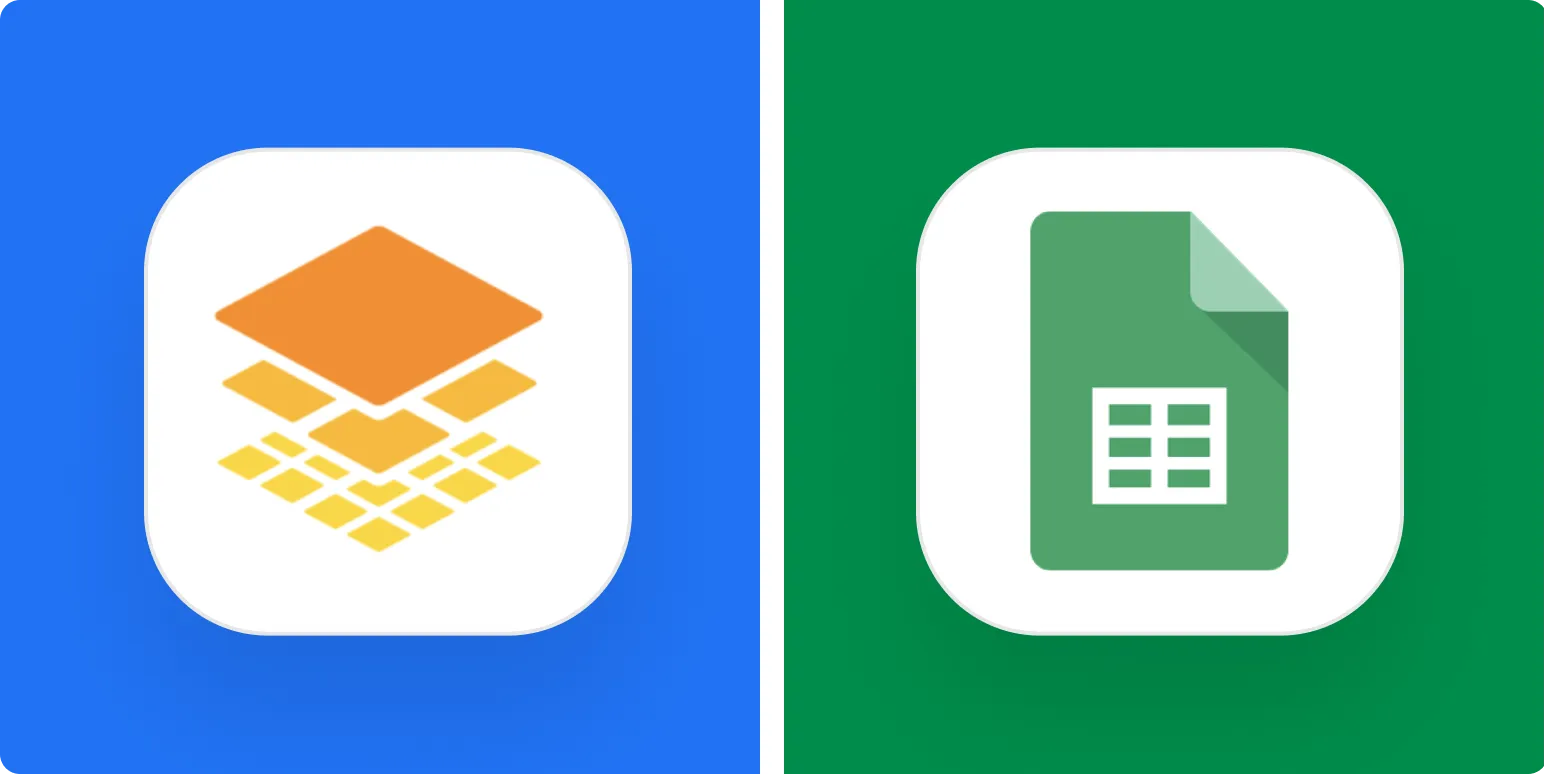1. Mastodon
Mastodon is a decentralized social network that allows users to create their own servers, or instances, tailored to specific interests. This flexibility makes it a popular choice among users seeking a more personalized experience. The platform emphasizes user control, privacy, and community moderation, making it a compelling ''Twitter alternative'' for those disillusioned with mainstream platforms.
2. Bluesky
Launched by Twitter co-founder Jack Dorsey, Bluesky focuses on decentralized social networking. It aims to empower users by giving them ownership of their data and facilitating connections across different platforms. With its clean interface and innovative features, Bluesky could become a strong contender in the social media landscape.
3. Gab
Gab positions itself as a free speech platform, allowing users to express their opinions without fear of censorship. It has garnered a loyal following among individuals seeking a space for open dialogue. Gab's commitment to free expression and its unique features make it an appealing ''Twitter alternative'' for users who prioritize their freedom of speech.
4. Parler
Parler is another platform that champions free speech and allows users to share their thoughts freely. It gained popularity during times of increased censorship on mainstream platforms. With a user-friendly interface and a focus on community engagement, Parler continues to attract those looking for a more open social media experience.
5. Reddit
While not a direct Twitter alternative, Reddit offers a different type of social interaction through its subreddit communities. Users can join discussions on various topics, share content, and connect with like-minded individuals. The upvote/downvote system allows for community moderation, making it a unique space for discussion and information sharing.
6. Telegram
Telegram stands out as a messaging app, but its channels and groups allow for social networking elements. Users can create communities and broadcast messages to large audiences. With strong privacy features and a focus on encryption, Telegram appeals to users looking for a secure alternative to Twitter.
7. Discord
Originally designed for gamers, Discord has evolved into a versatile platform for communities of all kinds. Users can create servers, join discussions, and share multimedia content. Its real-time communication features make it a dynamic alternative for users seeking interactive social experiences outside of traditional platforms like Twitter.
8. Hive Social
Hive Social is a newer player in the social media arena, combining elements of Twitter and Instagram. Users can share short posts, images, and music, creating a vibrant mix of content. With a strong focus on community and user engagement, Hive Social is quickly gaining traction among those seeking a fresh take on social networking.
Comparison Table of Twitter Alternatives
| Platform | Key Features | Focus |
|---|---|---|
| Mastodon | Decentralized, community-driven | Personalized user experience |
| Bluesky | Decentralization, data ownership | Innovative social networking |
| Gab | Free speech, minimal censorship | Open dialogue |
| Parler | Free speech, community engagement | Open expression |
| Subreddits, community discussions | Topic-based interaction | |
| Telegram | Messaging, channels, encryption | Secure communication |
| Discord | Real-time chat, community servers | Interactive engagement |
| Hive Social | Short posts, multimedia sharing | Community-focused content |
Conclusion
As social media continues to evolve, users are exploring alternatives to mainstream platforms like Twitter. The eight platforms discussed above offer unique features and cater to various interests and needs. Whether you prioritize free speech, community engagement, or personalized experiences, there is a ''Twitter alternative'' for everyone in 2025. Exploring these platforms not only diversifies your social media experience but also encourages a broader conversation about the future of online interaction.

